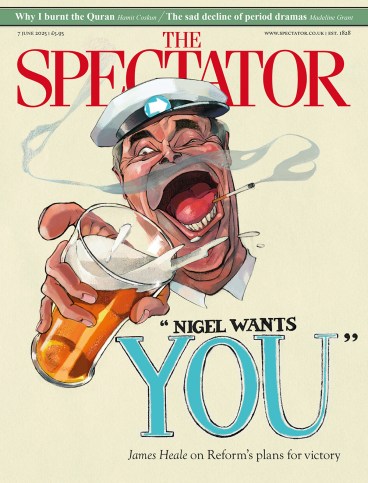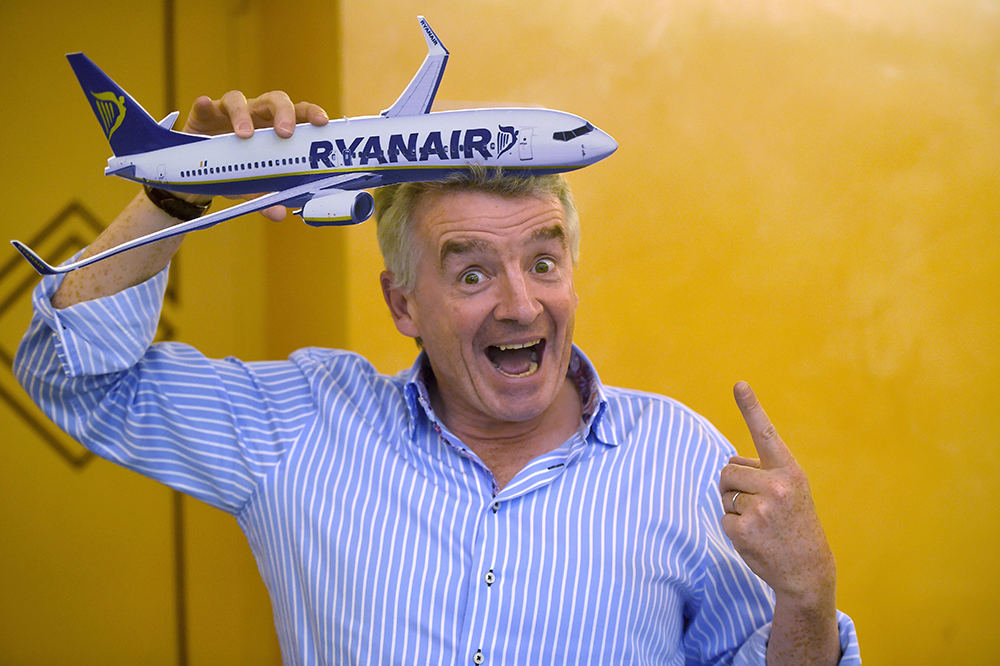
NatWest has returned to full private-sector ownership 17 years after the £46 billion bailout that took it into state hands – and five years after the name swap which reduced the once globally trumpeted Royal Bank of Scotland to a humble north-of-the-border branch network, while promoting its English subsidiary NatWest to become the parent brand. RBS shareholders who were almost wiped out but hung on to what are now NatWest certificates have seen their shares triple in value since 2023, finally surpassing the bailout price.
HM Treasury took a £10.5 billion loss on the whole rescue exercise, which required a decade-long series of placements and buybacks to filter the taxpayers’ 84 per cent holding back into the market as the bank’s performance gradually recovered. But few would argue it was badly managed or wrong in the first place.
Fred Goodwin’s RBS, crippled by his hubristic bid for the Dutch group ABN Amro on top of a balance-sheet full of toxic debt, fully deserved to fail. But its customers did not deserve to lose their deposits and livelihoods, and when chancellor Alistair Darling received a call from Goodwin’s chairman Sir Tom McKillop on 7 October 2008 telling him RBS would fail the next day, Darling had to set aside any consideration of moral hazard and step in: chaos would have ensued if he hadn’t.
The workaday NatWest – which never had a coherent strategy for the era of globalised banking that died with that phone call – has survived, despite a continuing tide of branch closures, as a relatively trusted high-street brand. I’m pleased to see chairman Rick Haythornthwaite talking about a ‘simpler, safer’ bank with a ‘UK-focused business model’.
But readers of this column over many years know that financiers with short memories are doomed to repeat their predecessors’ mistakes. So I hope NatWest’s top team, none of whom was anywhere near the top in 2008, will ignore the Financial Times’s advice that this belated return to Go on the Monopoly board of banking fate allows them ‘to adopt more aggressive strategies’ and ‘spend surplus cash more imaginatively’. Don’t even think about it.
Because he’s worth it
Radio 4’s newsreader adopted a special tone for Ryanair chief Michael O’Leary’s €100 million bonus: ‘I may not know what a share option is,’ her voice seemed to signal, ‘but this sounds like the sort of boardroom greed that should never sully my script.’ Or perhaps she was just secretly wishing the BBC offered such golden incentives. Either way, the opportunity was missed to add words of congratulation – because this is a rare example of a corporate bonanza that’s fully deserved.
Controversially agreed by shareholders in 2019 and now triggered by a strong run in Ryanair’s share price, O’Leary’s option package salutes a chief who has set an example to the rest of Europe for cartel-busting market disruption, operational efficiency and resilience in the face of economic swings, all combined with a wicked sense of humour. Passengers whinge at the charmless service, but 200 million chose Ryanair last year.
In post for three decades but still only 64, O’Leary won’t collect his treasure until 2028, when it could be worth less if the shares don’t hold up and he’ll part with a big chunk of it in tax. He’s never taken a romantic view of his mission (‘An aeroplane is nothing more than a bus with wings’) but let’s hope the award doesn’t make him rich enough to want to retire to his racehorses and cattle. The aviation industry really wouldn’t be the same without him.
Down the drain
KKR, the scary US private equity giant mentioned here recently as a potential investor in GP surgeries, has abandoned plans to take a stake in another vital piece of our infrastructure, namely Thames Water. This long-troubled utility is sinking under £20 billion of debt as its chairman, Sir Adrian Montague, witters on about ‘a sustainable recapitalisation… in the best interests of all stakeholders’, by which he means a painful haircut for bondholders and other creditors. Meanwhile, his managers continue to collect huge fines for sewage spills and it’s a wonder water still flows from the taps of 16 million customers in London and the south-east – that being the essential simple function of a privatised business brought low by financial machinations designed to outflank an ill-designed regulatory regime.
We should always be wary of interventions that enlarge the economic footprint of the state (see my comments last week on Labour’s Great British Railways) but in Thames’s case a ‘special administration’ regime of temporary nationalisation is surely now inevitable – and the sooner the better, so we can all stop talking about it.
Dine at home
One in three hospitality businesses is losing money, according to a new survey – three times as many as were doing so before the Chancellor loaded them with an additional £3.4 billion of employers’ NIC costs. ‘This is an industry that employs 3.5 million people and sits at the heart of every community,’ says Rooney Anand, whose RedCat venture owns 100 pubs, ‘but government just isn’t listening.’
The micro-reality of the sector’s crisis is made vivid by an owner who tells me his pub used to make £100,000 annual profit and now loses the same, so he’s converting it into flats. As it happens, we’re talking over dinner at another friend’s home, cooked by a local restaurant équipe for cash on their night off. Each guest contributed and several brought wine from their cellars – ending with an ambrosial drop of Château d’Yquem 1996. Satisfaction all round and a value formula I heartily recommend. But perish the thought that I’m encouraging what we might politely call the informal economy: it’s Rachel Reeves herself who’s doing that.








Comments